Growing number of businesses turn eco-friendly amid consumer demand
Across travel, retail and housing, a growing number of businesses are turning eco-friendly amid strong consumer demand.
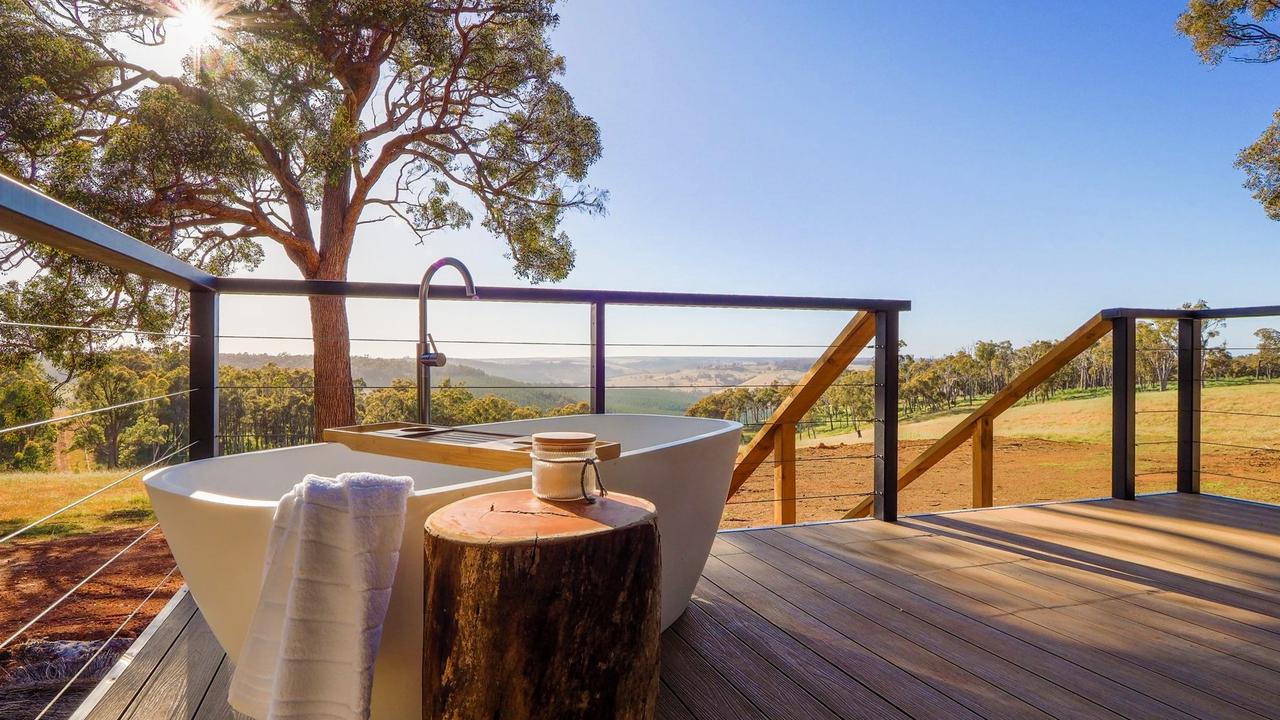
While the mention of climate change might have made some people switch off in the past, these days more are keen to improve their eco-friendliness – and a growing number of businesses are taking note.
The retail, housing and tourism sectors are among those embracing the shift and adapting their businesses for consumers eager to reduce their carbon footprint.
TOURISM
Susan and Franco Randazzo recently started up an eco-friendly glamping accommodation called Serenity Gully in Western Australia’s South West region.
The initial three 49sq m tents – including a king-size bed, fireplace, kitchenette and full bathroom — are nestled on a 193 hectare jarrah forest in Kangaroo Gully above Bridgetown.
“All tents, including our shed compound, are powered by solar energy, with water supplied via rain harvesting and soon supplemented by a spring soak we discovered on our property,” Ms Randazzo told NCA NewsWire.
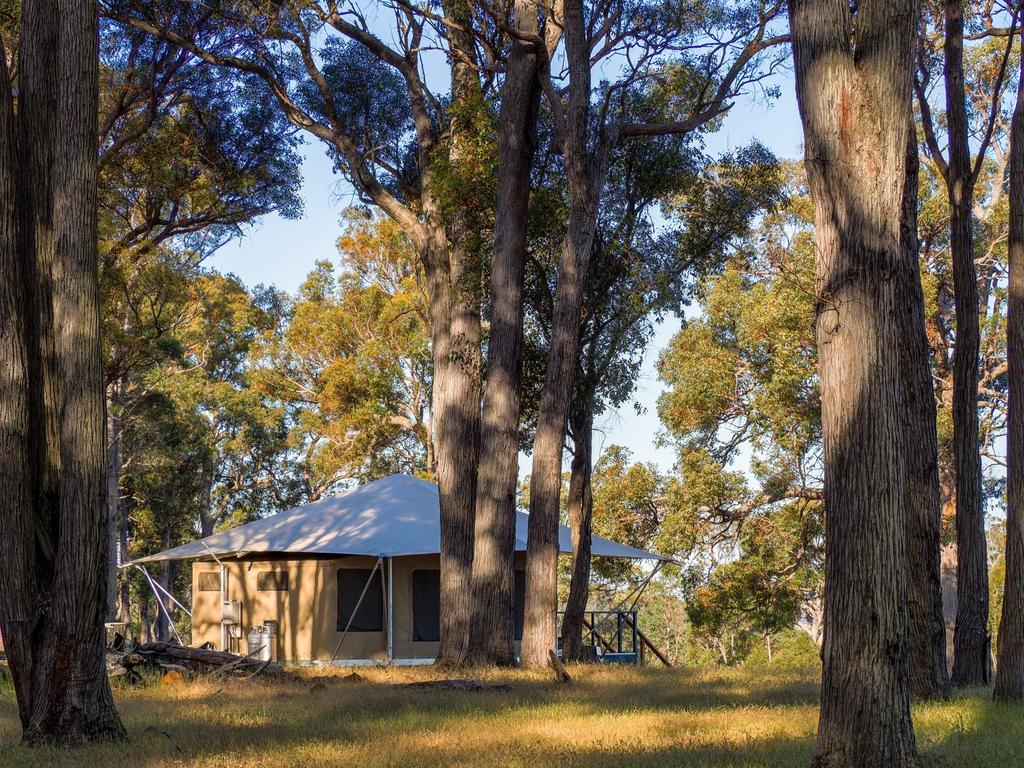
“As owners and caretakers of such a special property, we’re passionate about protecting not just our beautiful patch of WA but the planet, so we’ve looked at all our consumption processes, which includes waste disposal.
“Septic tanks handle our wastewater and we encourage guests to utilise the four different bin options for recycling.
“A worm farm processes green waste, we recycle plastics and cardboard and return glass and plastic bottles and donate the proceeds to a local charity.”
Ms Randazzo said she noticed there was a gap in the WA marketplace for an off-grid luxury stay.
“Buried beneath the ridge upon which the tents sit lies more than half a kilometre of power cables and water poly pipes,” she said.
“Then there’s the extra pumps for ‘at-home’ water pressure, with each tent fitted with a whole-of-house UV and particulate water filtration system.”
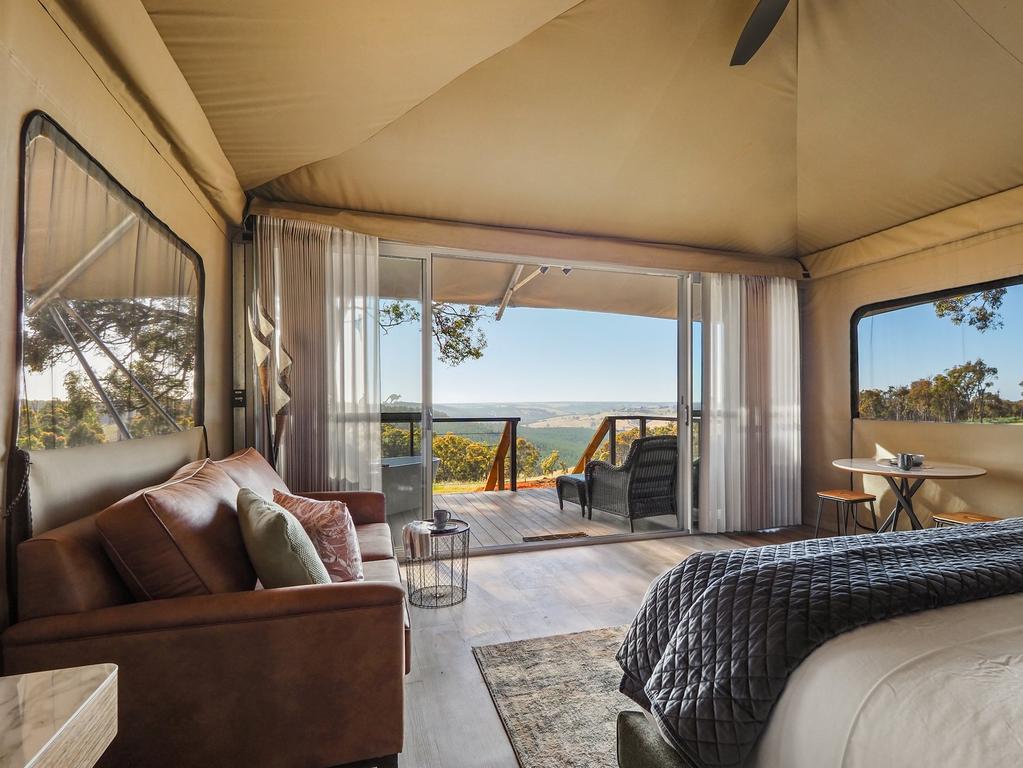
Ms Randazzo had noted that since the Covid-19 pandemic, travellers had become more discerning about how a company managed their sustainability responsibilities.
“Initially, we’d planned a much smaller solar set-up, meaning less solar panels, smaller batteries and inverter,” she said.
“(But) we asked the solar engineers to cost an upgrade to the system … we future-proofed our commitment to off-grid by upgrading our system considerably.
“Early next year, we’ll even offer electric car charging on site.”
Products used at Serenity Gully are also eco-friendly, including their compostable coffee pods and toilet paper and tissues made from easily regenerated bamboo.
“You won’t find plastic wrap or non-eco garbage bags either in our tents,” Ms Randazzo said.
“It’s easy to live a more sustainable life and minimise your waste once you make the decision.”
HOUSING
Meanwhile, a report recently found support for a boost to the energy efficiency of homes and people were looking for help to understand how to lower their energy bills.
“We need to help people identify what low-cost improvements they can make in the short-term,” Energy Consumers Australia chief executive Lynne Gallagher said.
“But also to overcome the barriers to future-proofing their homes to adapt to a changing climate where extreme heat and weather events will be more common.”
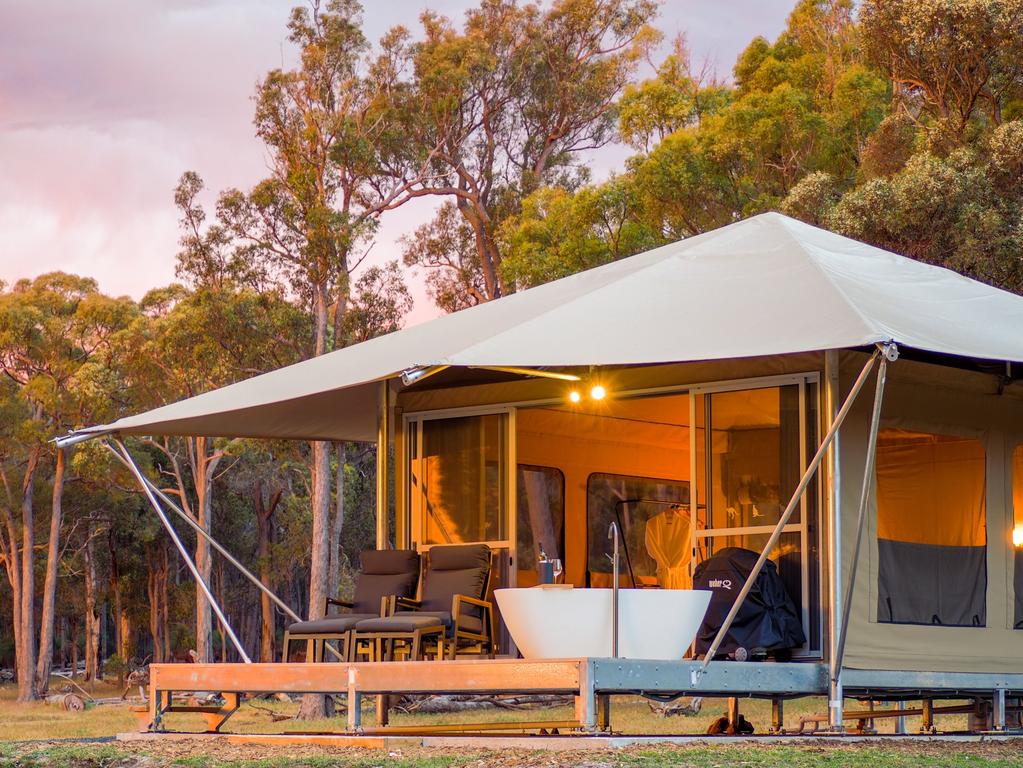
The report found only 48 per cent of respondents described the condition of their home as “good”.
It found 75 per cent supported incentives to improve energy efficiency, 70 per cent backed introducing minimum standards for rental properties and 66 per cent wanted compulsory disclosure of energy efficiency before a home was sold or leased.
“The idea that Australians don’t value or care about improving the energy efficiency of their housing needs to be put in the bin and wheeled out to the kerb,” Renew chief executive Fiona Gray said.
“At a time when hip-pocket concerns are skyrocketing, we can see people making the clear connection to the quality of their home and the cost of living in it.”
RETAIL
But according to a report from the Consumer Policy Research Centre, it can be hard for consumers to verify claims from businesses about their sustainability.
The report surveyed consumers on their experience of “green” claims and conducted an audit that found only one-third had supporting evidence.
“Australians want to make sustainable purchases – 45 per cent of people said sustainability was a factor in their decision-making,” CPRC chief executive Erin Turner said.
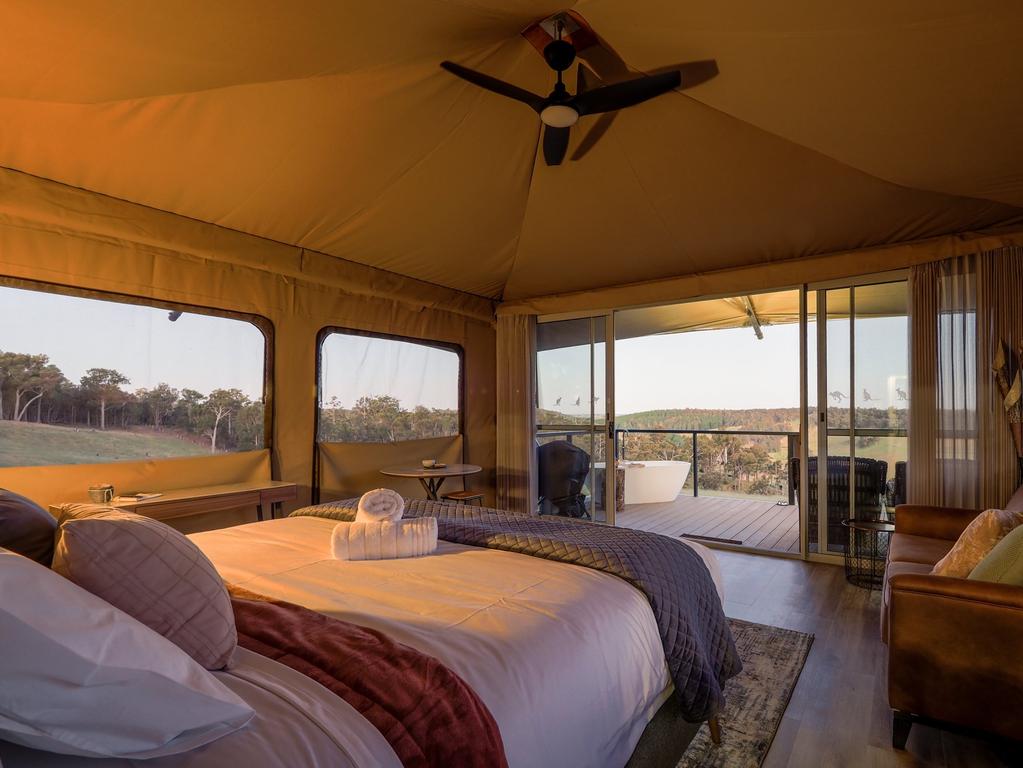
“In our investigation, we found that too many businesses were making big environmental claims with vague terms.
“For a consumer, it is often unclear if the green claims businesses are making are genuine green marketing or greenwashing.”
Purchases made due to green claims included household cleaning products (47 per cent), groceries (42 per cent) and beauty or personal care (30 per cent).
At least 50 per cent of people said they were worried about the truthfulness of green claims across every sector, from energy markets to superannuation.
“Consumers should be able to trust that the sustainable claims they see are backed up with real environmental action, but at the moment it’s too hard to tell a vague promise from a genuine commitment,” Ms Turner said.
“Business must take more responsibility for ensuring their green claims are truthful, accurate and easy for consumers to understand.”




